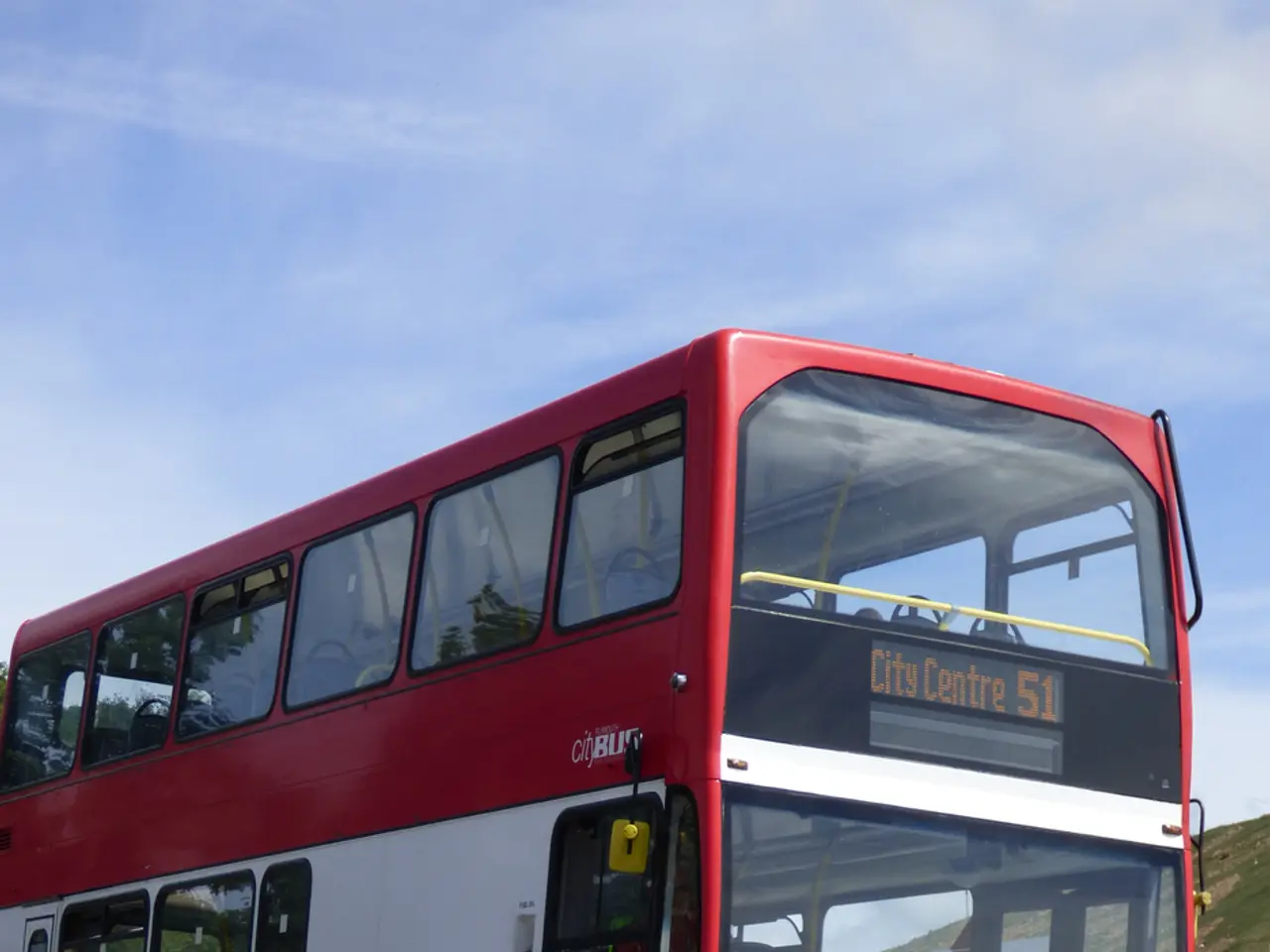Reimagining Urban Delivery Systems: Combining Public Transport for City Goods Distribution
In the heart of Europe, Vienna, a city with approximately 2 million inhabitants and an annual parcel volume of about 100 million, is embracing a revolutionary approach to last-mile delivery. The city's public transport provider, Wiener Linien, has partnered with logistics company DPD and tbw research to test the suitability of public transport facilities for micro hubs, dubbed RemiHubs.
RemiHubs, strategically located at tram depots, bus garages, and even beneath an elevated metro line, are designed to facilitate efficient parcel consolidation and quicker deliveries within the urban core. By offloading goods from freight vans into smaller electric cargo bikes or vehicles near transit hubs, RemiHubs reduce the need for large delivery trucks to navigate congested urban cores.
The benefits of using public transport facilities for micro hubs and last-mile delivery are manifold. By adopting electric cargo bikes and shorter delivery trips, cities can drastically cut long-distance truck travel, lower emissions, and improve sustainability. Reduced traffic congestion, cost reductions, efficiency gains, and enhanced integration with urban mobility are additional advantages.
The RemiHub project has garnered extensive media coverage, both on a national level and outside of Austria. The project's implementation was included in the 2020 coalition agreement of Vienna's new government, with plans to establish 10-15 RemiHubs. Bicycle couriers from Heavy Pedals operate the last mile in the RemiHub project using an app.
The RemiHub team is now actively involved in the planning process of some new infrastructure projects and redevelopment projects, aiming to keep the momentum going for RemiHub to evolve into a well-established logistical solution. Roland Hackl, a key figure in the RemiHub project, emphasizes that the concept is simple and not complex, requiring minimal site-related requirements for a larger rollout.
As cities like Vienna continue to rely heavily on trucks for last-mile delivery due to long distances, the RemiHub model offers a scalable solution for greener and more efficient freight systems. This approach exemplifies a promising step towards sustainable city logistics, a topic that has gained momentum since the start of the RemiHub project.
Read also:
- Greece pursuing building techniques without the use of traditional heating methods
- United States Postal Service Upcoming Price Hikes for Festive Delivery: Essential Details and Amounts Disclosed
- Expanding Market for Open Gear Lubricants Forecast to Reach $1002.7 Million by 2034
- Delving into Patent Libraries and Data Analysis for Legal Foresight








